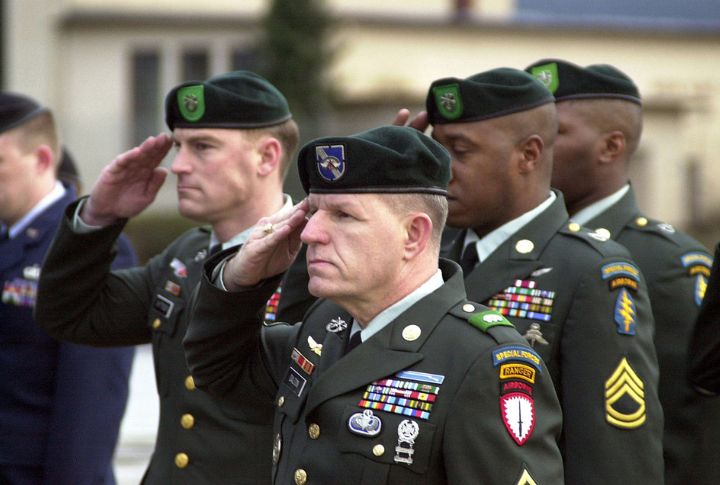
Green Berets operate under extreme pressure, often in total secrecy. Every move they make is shaped by a code most civilians don’t even know exists. They’re not your average soldiers, and here are the 10 things that separate them from the rest of the military world.
They Must Pass The Special Forces Assessment And Selection (SFAS)
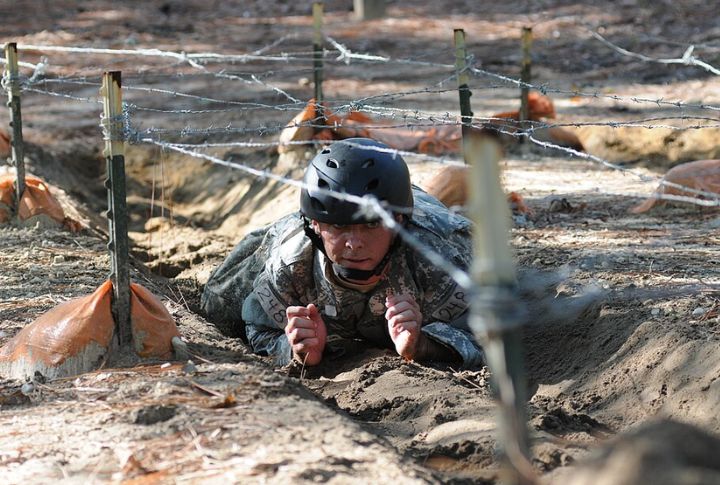
Not everyone who wants to be a Green Beret makes it. Candidates undergo SFAS, a physically and mentally brutal 19 to 20-day screening that weeds out all but the most resilient. Tasks include land navigation with no GPS, timed marches, sleep deprivation, and leadership tests under extreme pressure.
Learning A Foreign Language Isn’t Optional
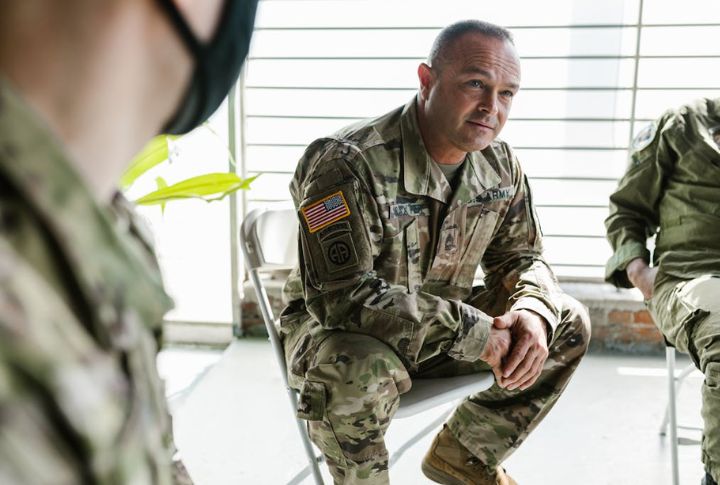
Every Green Beret must become proficient in a second language, depending on their assigned region. Whether it’s Arabic, French, or Russian, language skills are mission-critical for building alliances and gathering intelligence. They’re not just a warrior, but expected to be diplomats, too.
Team Comes Before Everything
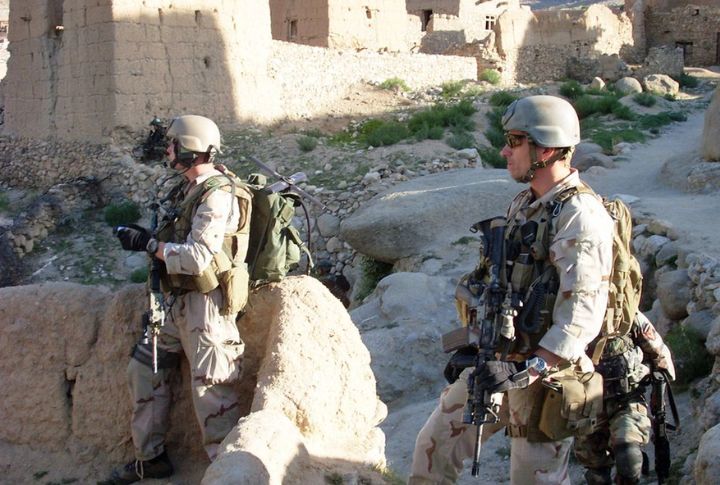
Green Berets operate in 12-man Operational Detachment Alpha (ODA) teams. As a result, loyalty and trust are non-negotiable. Every mission, from sabotage to humanitarian work, relies on flawless communication and unity. There is no place for freelancing, and definitely no ego to fuel one’s actions.
Always Be Ready To Deploy Anywhere
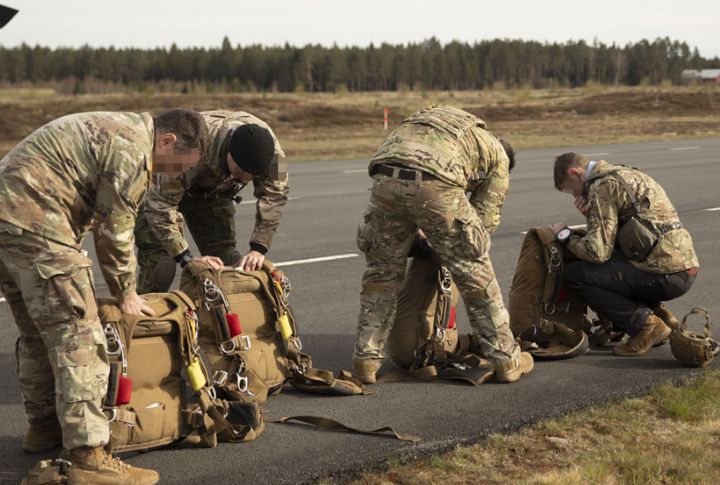
They could be on a plane to a conflict zone with just an hour’s notice. Being global, quick-response forces means they must maintain deployable readiness at all times. That also means physical fitness, weapons qualification, immunizations, travel documents, and mental sharpness are never allowed to slip.
Ethical Conduct Under Pressure Is Mandatory
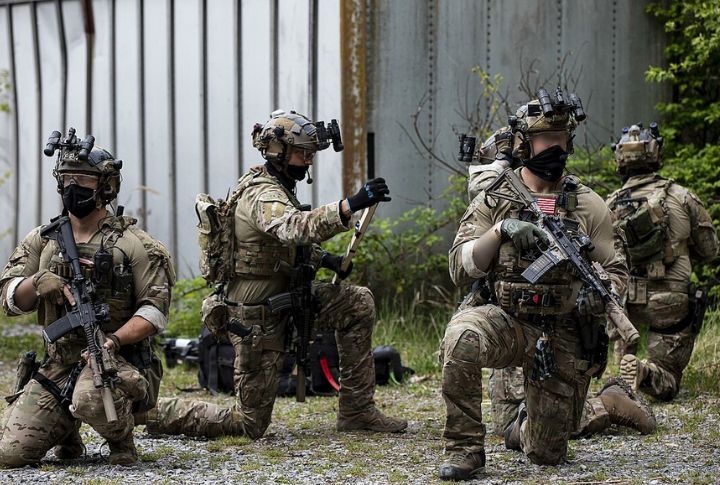
Green Berets work in morally complex areas—counterinsurgency, unconventional warfare, covert ops—but are held to strict ethical codes. Violating the laws of war or mistreating civilians can get them expelled. They’re expected to be warriors with unwavering discipline and restraint.
They Must Learn To Survive Capture And Resist Interrogation
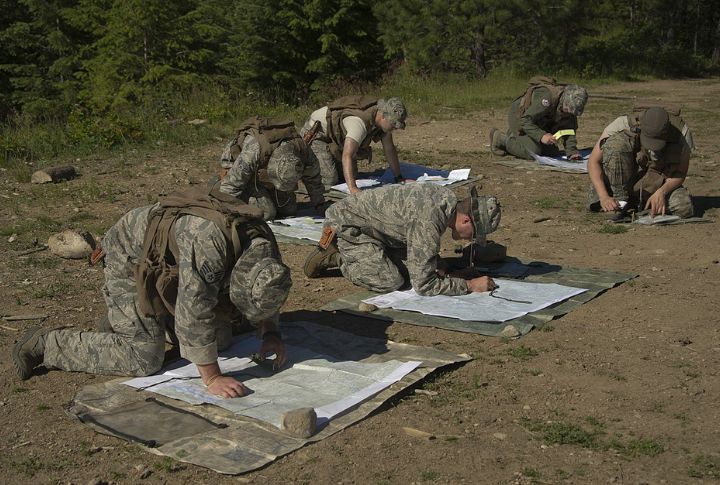
All Green Berets go through SERE (Survival, Evasion, Resistance, and Escape) training. They’re taught to survive behind enemy lines, escape if captured, and resist torture and interrogation. Simulated captivity paired with psychological and physical hardship is part of the training because, in the field, it could be real.
Rank Doesn’t Exempt Them From Maintaining Physical Standards
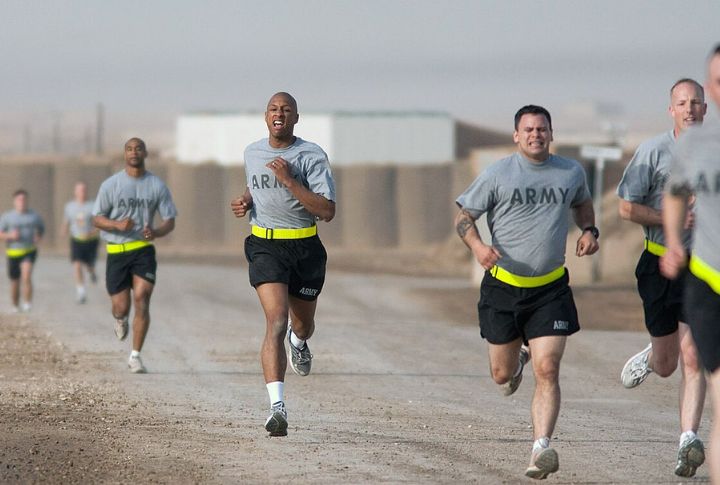
No matter one’s position or seniority, all Green Berets must meet elite fitness benchmarks, like rucking 12 miles in under 3 hours with a 35-pound pack. Age or promotion doesn’t earn a pass. In fact, falling short on physical tests at any time can mean reassignments or expulsion.
Every Green Beret Is A Teacher First
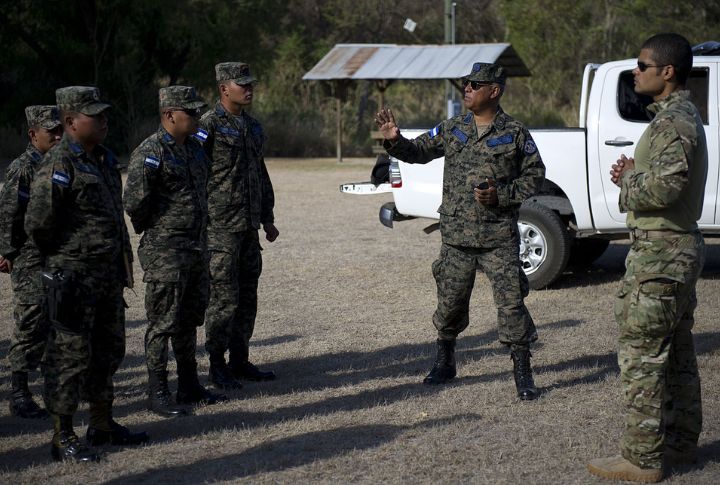
“By, with, and through” is a Green Beret mantra. They’re trained to work alongside foreign forces and are expected to not just lead, but teach them. Whether training resistance fighters or allied troops, Special Forces soldiers must educate and encourage others, especially in hostile environments.
Failure To Adapt Means Dismissal
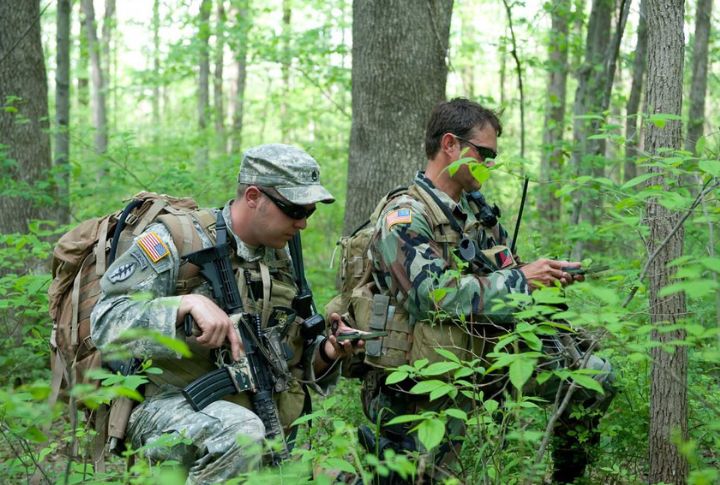
The mission, terrain, allies, and threats constantly change. Green Berets are trained to be adaptable thinkers and problem-solvers in chaos. If they can’t shift strategies on the fly or work with cultures unlike their own, they won’t last long in the Regiment.
Silence Is A Discipline
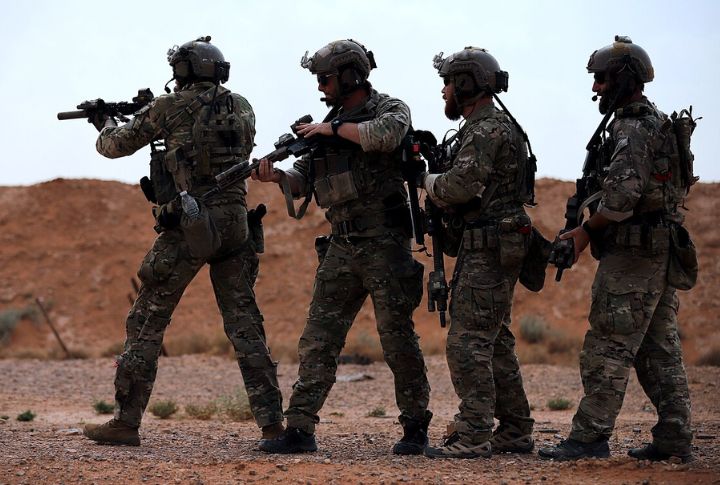
Most of their work remains classified, even from their family. They are expected to keep operations quiet, never discussing details publicly. Even retired operators stay tight-lipped. It’s about protecting national security, teammates in the field, and the communities they are embedded within.

